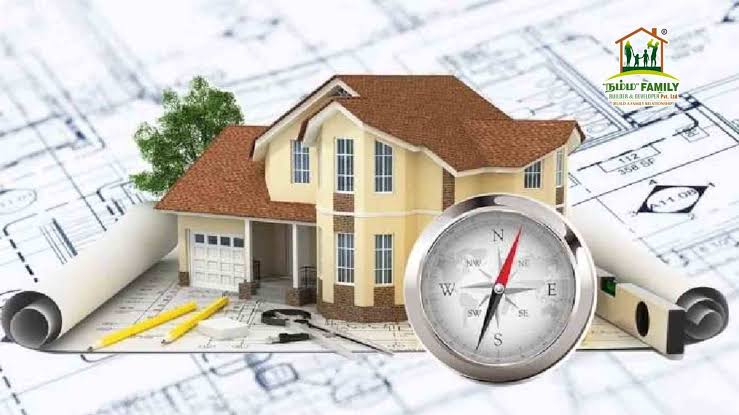Vasthu
Vastu Shastra, often referred to simply as Vastu, is a traditional Hindu system of architecture that aims to bring harmony between the building and its environment, promoting well-being, prosperity, and spiritual harmony. It is believed to be an ancient science that originated in India over 5,000 years ago.
The importance of Vastu can be understood from several perspectives:
- Environmental Harmony : Vastu emphasizes the importance of aligning a building with the natural forces and elements, such as the sun, wind, and magnetic fields. This alignment is believed to create a balanced and harmonious environment that promotes physical and mental well-being.
- Functional Efficiency : Vastu principles guide the layout and design of spaces to ensure optimal functionality and efficiency. For example, the placement of rooms, doors, and windows is carefully considered to maximize airflow, natural light, and energy flow.
- Spiritual and Emotional Well-being : Vastu is not just about physical structures but also about creating spaces that nurture the spiritual and emotional well-being of the occupants. It advocates for the use of specific materials, colors, and symbols that are believed to have positive effects on the mind and body.
- Economic Prosperity : Vastu is also believed to have an impact on financial prosperity. The proper alignment and design of a building are thought to enhance the flow of positive energy, which can contribute to business success and financial stability.
- Cultural and Traditional Significance : For many people, Vastu is deeply rooted in cultural and religious traditions. It is considered an integral part of Indian culture and is often incorporated into the design and construction of homes, temples, and other buildings.
It's important to note that while Vastu principles can provide valuable guidance for creating harmonious and functional spaces, they are not universally applicable. Different regions and cultures may have different interpretations and practices, and modern architectural and engineering considerations also play a significant role in the design and construction of buildings.



